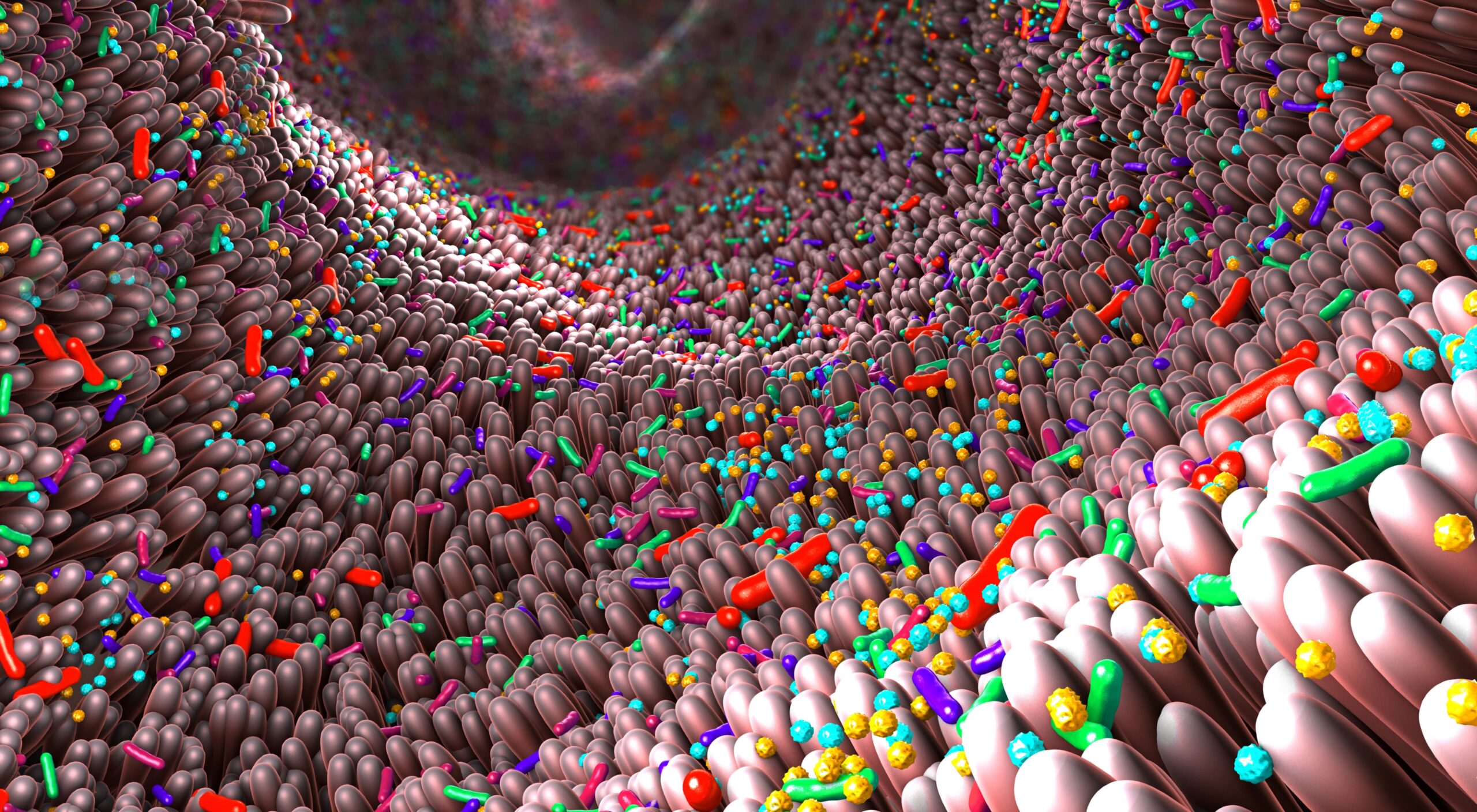In a first of its kind study, the researchers found that out of five eating patterns individuals following an exclusion diet that was low in carbohydrates and consisting of mainly fats, animals products, and non-starchy vegetables also had the lowest amount of Bifidobacterium, which is a type of bacteria that has been shown to have beneficial qualities for the gut microbiome. Additionally, individuals following a flexitarian diet which is rich in plant-based foods but also includes meat and dairy products presented one of the most diverse gut microbiomes, especially when compared to a standard American diet.
The international team of researchers examined the dietary patterns of 1800 adults enrolled in the American Gut Project, which is an ongoing research initiative that is investigating the microbiome composition of citizen volunteers. The project was performed in collaboration with the Univerisity of Califormins San Diego which was coordinated by the Center for Microbiome Innovation at UC San Diego.
Using food consumption surveys the participants were divided into five groups based on long term dietary intake:
Plant-based: Primarily vegetarians and vegans consuming little to no meats with high amounts of fruits, vegetables, and whole grains; this diet was found to be the highest in fiber compared to the other four dietary patterns.
Flexitarian: Those consuming abundant amounts of plant-based food options yet still including some meat and high amounts of dairy products.
Health-conscious American diet: This is a dietary pattern that is rich in nuts, whole grain cereals, and dairy foods, but it is also high in sugary sweets, refined grains, and low in fruits and vegetables.
Exclusion diets: These restrictive diets had the lowest intake of carbohydrates and the highest intake of fats and animal products compared to all other patterns, as well as virtually no starchy or sweet food products.
Standard American diet: This is the poorest diet of all five groups, featuring the highest consumption of sugar-sweetened beverages and processed foods as well as having the lowest diversity in plant-based foods and the lowest intake of dietary fiber.
Analysis of participant gut microbiome revealed that the alpha diversity of the gut microbiome was significantly lower among the Standard American diet group compared to the Flexitarian group which consumed a mix of plant-based and animal food products as well as high amounts of dairy products. Additionally, the low carb eaters from the Exclusion diet group had the lowest relative abundance of Bifidobacterium which is a type of beneficial gut bacteria. When taken together these findings suggest that some diets may be more microbiota friendly than others. Researchers also found that overall diet exhibited a better association with the gut microbiome than individual dietary components such as fiber of protein intake alone.
The gut microbiota alpha diversity of the plant-based diet and the standard American diets were also found to be similar, which may be explained by the depletion of some animal products such as meat and dairy products in the plant-based dietary patterns. While the intake and diversity of fruits and vegetables have been reported as the main factors associated with variations of the gut microbiota, animal protein has also been shown to increase microbial diversity.
“The association between habitual diet and gut microbiota is gaining major interest yet to the best of our knowledge this is the first study to use this type of approach and identify the dietary patterns providing the best association with the gut microbiome,” said senior author Patrick Veiga, Ph.D., the Health and Microbiome Science Director at Danone Nutricia Research.
“This study showed that the flexitarian eating pattern that includes larger amount of plant foods, yet doesn’t totally eliminate animals foods, was associated with better overall diet quality and one of the approaches resulting in the most nourished gut,” said Miguel Freitas, Ph.D., and Vice President of Health and Scientific Affairs at Danone North America.
“This study together with previous research reinforces that a healthy gut microbiota is supported by a balance between all food groups, without restricting fiber-rich grain foods or animal products, like fermented dairy products entirely. At Danone Research, this approach is completely in line with our portfolio offering of both plant-based and animal products.”
“People may overlook that what they eat and what they avoid can impact their gut microbiome. Diet is known to influence the diversity and composition of our gut microbiome, which we now know has a tremendous impact on overall health,” adds Freitas.
This research was funded by Danone Nutricia Research and supported by The Microsetta Initiative, which is the world’s largest citizen science microbiome project.
Conclusions:
“We demonstrated that global-diet a posteriori patterns were more associated with gut microbiome variations than individual dietary features among adults in the United States. These results confirm that evaluating diet as a whole is important when studying the gut microbiome. It will also facilitate the design of more personalized dietary strategies in general populations.”




